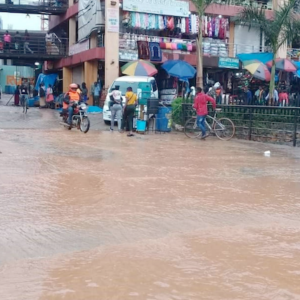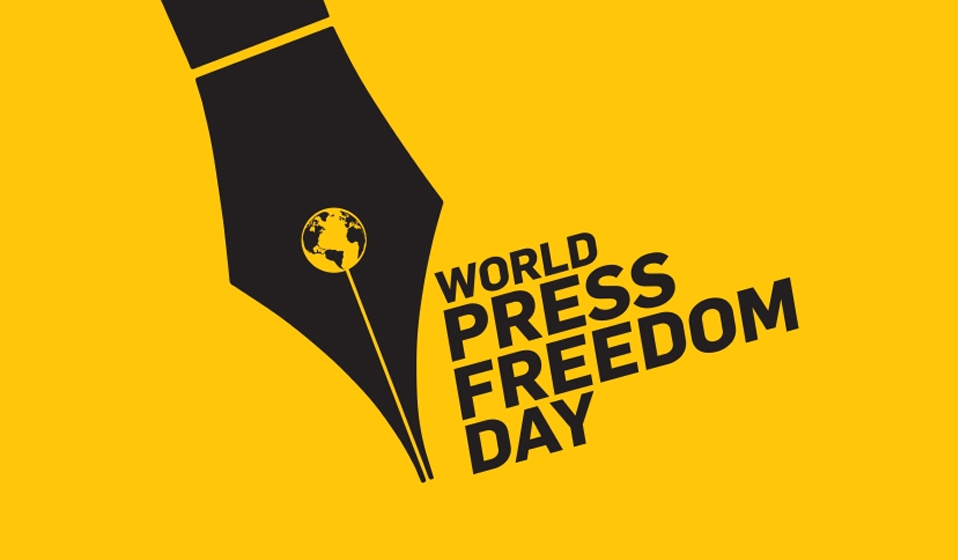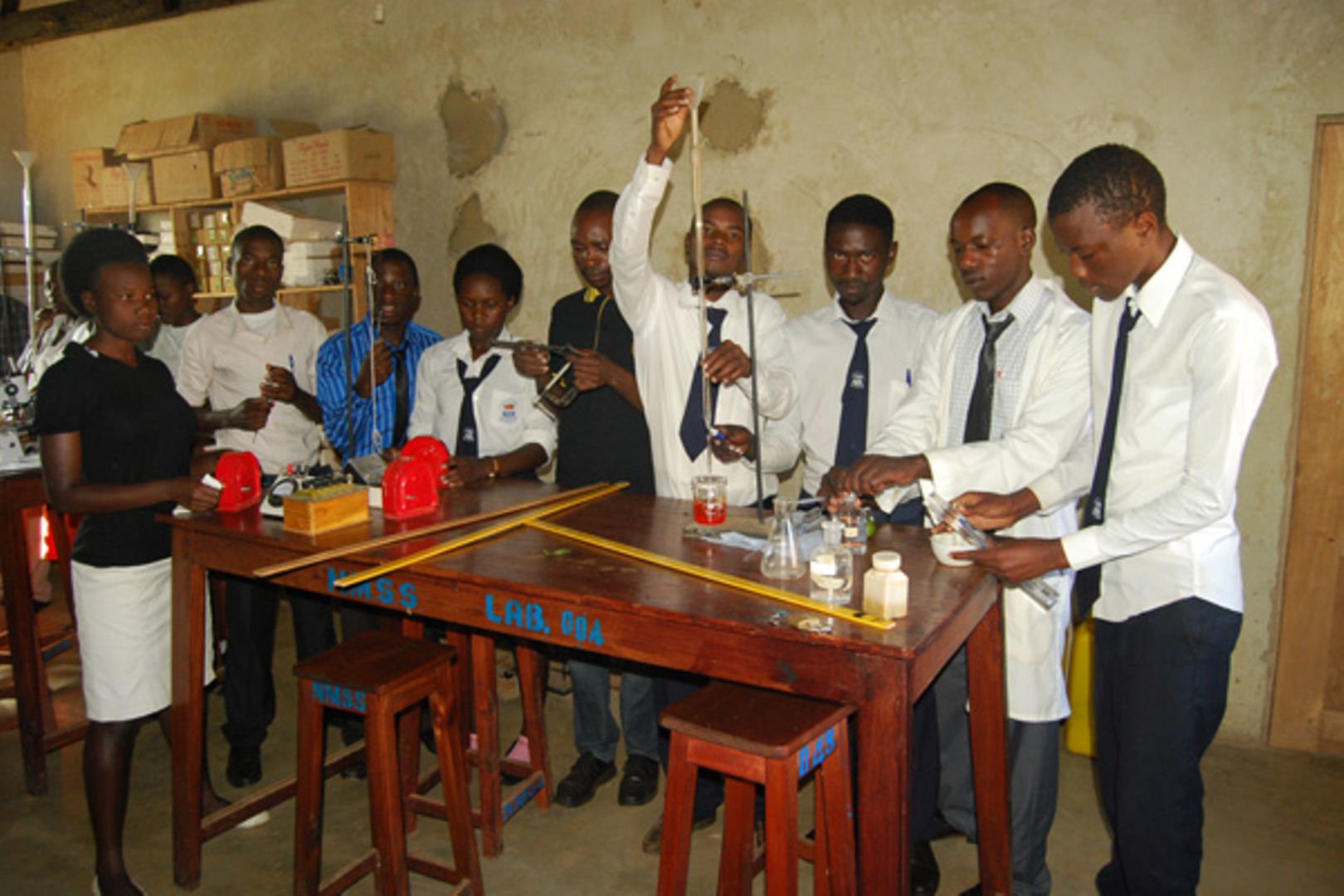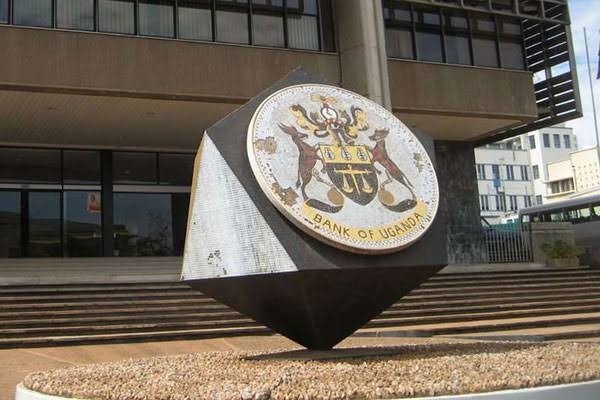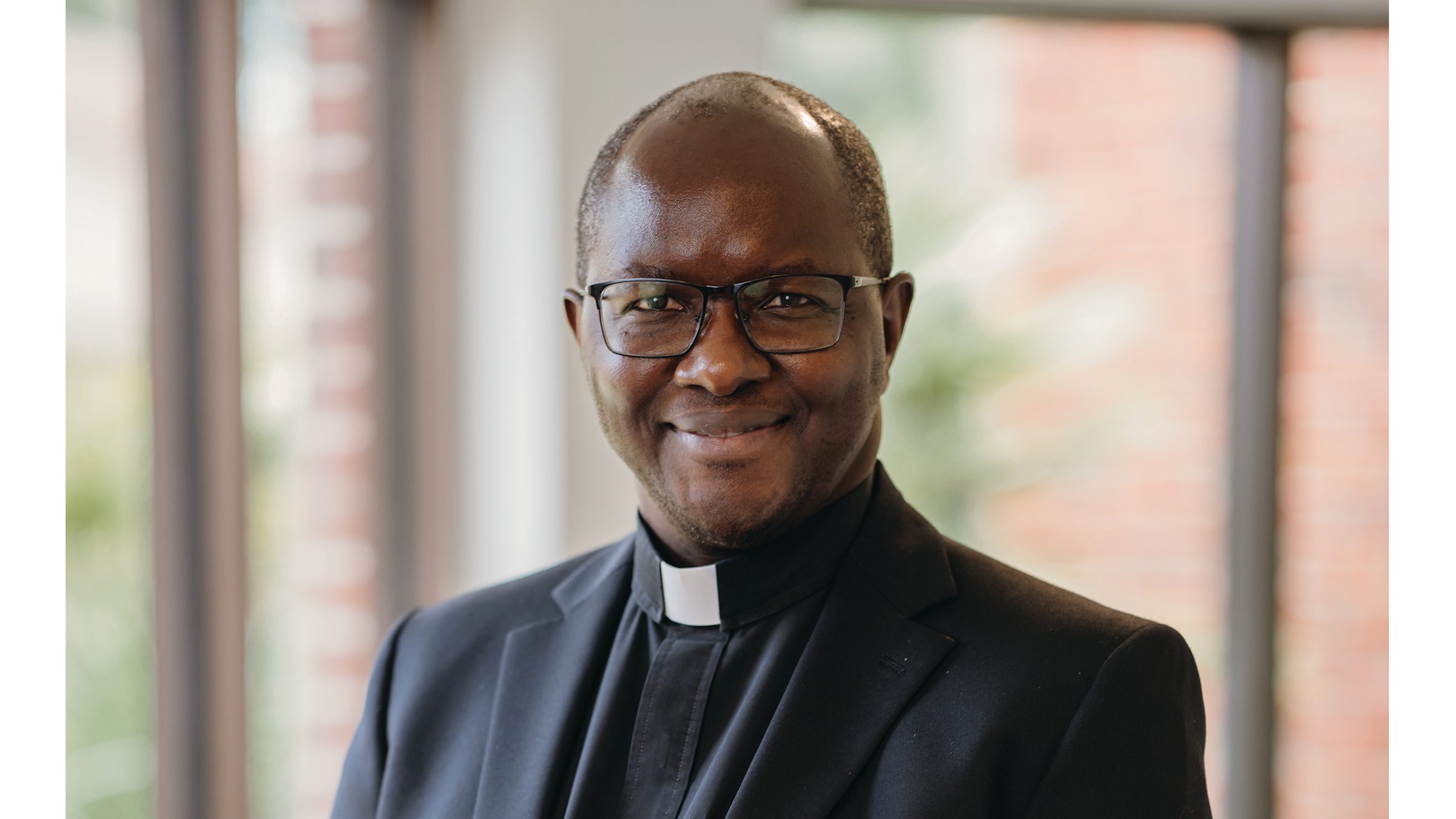Yaoundé, Cameroon – In a move that extends his iron-fisted rule into its fifth decade, Cameroon’s 92-year-old President Paul Biya has been declared the winner of the October 12 presidential election, securing an unprecedented eighth term that could keep him in power until he turns 99. The Constitutional Council announced the results today awarding Biya 53.66% of the vote in a contest marred by allegations of fraud, widespread protests, and a nationwide internet shutdown that severed millions from the outside world just as the verdict loomed.
Biya, who has governed the Central African nation since 1982, outpaced his main challenger, former ally-turned-rival Issa Tchiroma Bakary, who garnered 35.19% of the ballots. The official tally, released after weeks of delays, cements Biya’s status as Africa’s longest-serving leader and the world’s oldest sitting head of state. Critics, including opposition figures and international observers, decried the election as neither free nor fair, pointing to voter intimidation, ballot stuffing, and the exclusion of key separatist regions in the English-speaking northwest and southwest, where an armed conflict has raged since 2016.
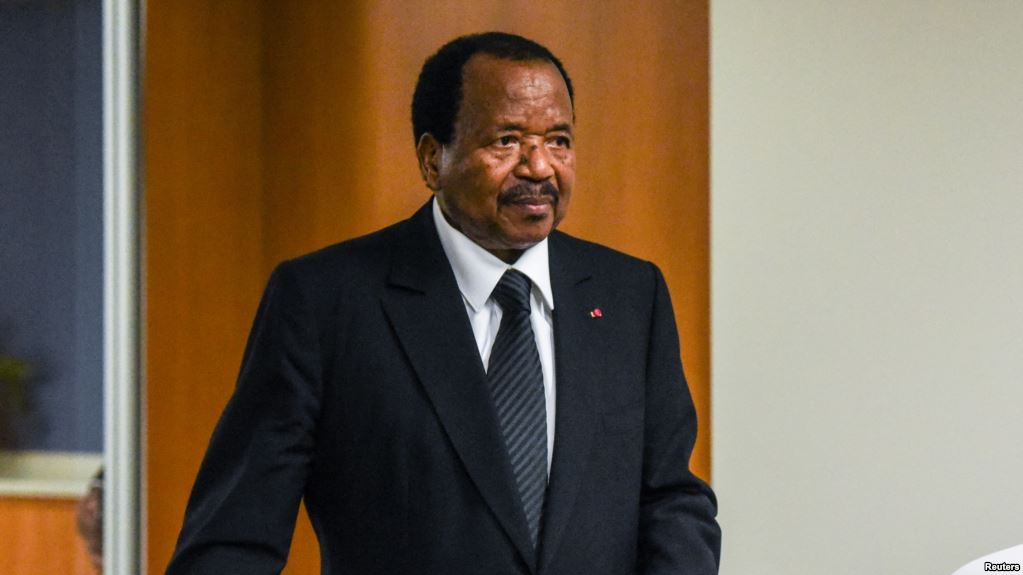
The announcement came against a backdrop of escalating unrest. Since voting day, scattered demonstrations have erupted across major cities like Yaoundé and Douala, with security forces cracking down harshly. At least two protesters have been killed, and dozens of opposition leaders and activists arrested in what human rights groups have called a “preemptive purge” to stifle dissent. The U.S. Embassy in Yaoundé issued a security alert on October 24, urging Americans to exercise increased vigilance amid the “disturbances” tied to the election aftermath.
Compounding the tension was a severe internet blackout that plunged Cameroon into digital darkness starting around October 23. Connectivity plummeted by over 90% nationwide, according to monitoring firm NetBlocks, affecting mobile data, social media, and even basic voice calls. The disruptions peaked just hours before the results were unveiled, leaving citizens unable to share videos of protests or coordinate responses in real time. Authorities attributed the outage to a severed submarine fiber-optic cable in the Atlantic, but skeptics—including digital rights advocates like Paradigm Initiative—dismissed the explanation as a cover for deliberate throttling. “This is a classic tactic to control the narrative during politically sensitive moments,” said a spokesperson for the group, which condemned the move as a violation of free expression ahead of the results declaration.
The blackout is not unprecedented in Cameroon; similar shutdowns occurred during the 2018 election and amid the Anglophone crisis. On this occasion, it deepened public frustration, with offline users resorting to radio broadcasts and word-of-mouth to learn of Biya’s victory. “The internet went dark, and so did our hopes,” one anonymous demonstrator in Douala told reporters via smuggled messages, echoing sentiments rippling through WhatsApp groups that flickered back online sporadically.
International reaction has been muted but pointed. The European Union and United States expressed “concern” over the lack of transparency, while the African Union called for calm without endorsing the outcome. France, Cameroon’s former colonial power and a longtime Biya ally, offered congratulations, highlighting the “stability” his leadership provides in a volatile region. Rights organizations like Amnesty International, however, warned of an “authoritarian entrenchment,” noting that Biya’s win—his first since turning 90—raises questions about succession in a country of 28 million facing economic stagnation, corruption scandals, and the separatist war that has displaced over 700,000 people.
Biya, often dubbed the “Sphinx of Etoudi” for his reclusive style, made no public appearance following the announcement. His campaign was low-key, relying on state media portrayals of infrastructure projects and anti-corruption drives rather than rallies. Challengers like Tchiroma, a former communications minister, accused the ruling RDPC party of manipulating voter rolls and suppressing turnout in opposition strongholds. Independent monitors were limited, and results from polling stations in conflict zones were simply absent from the final count.
Biya’s term is set to run until 2032.


